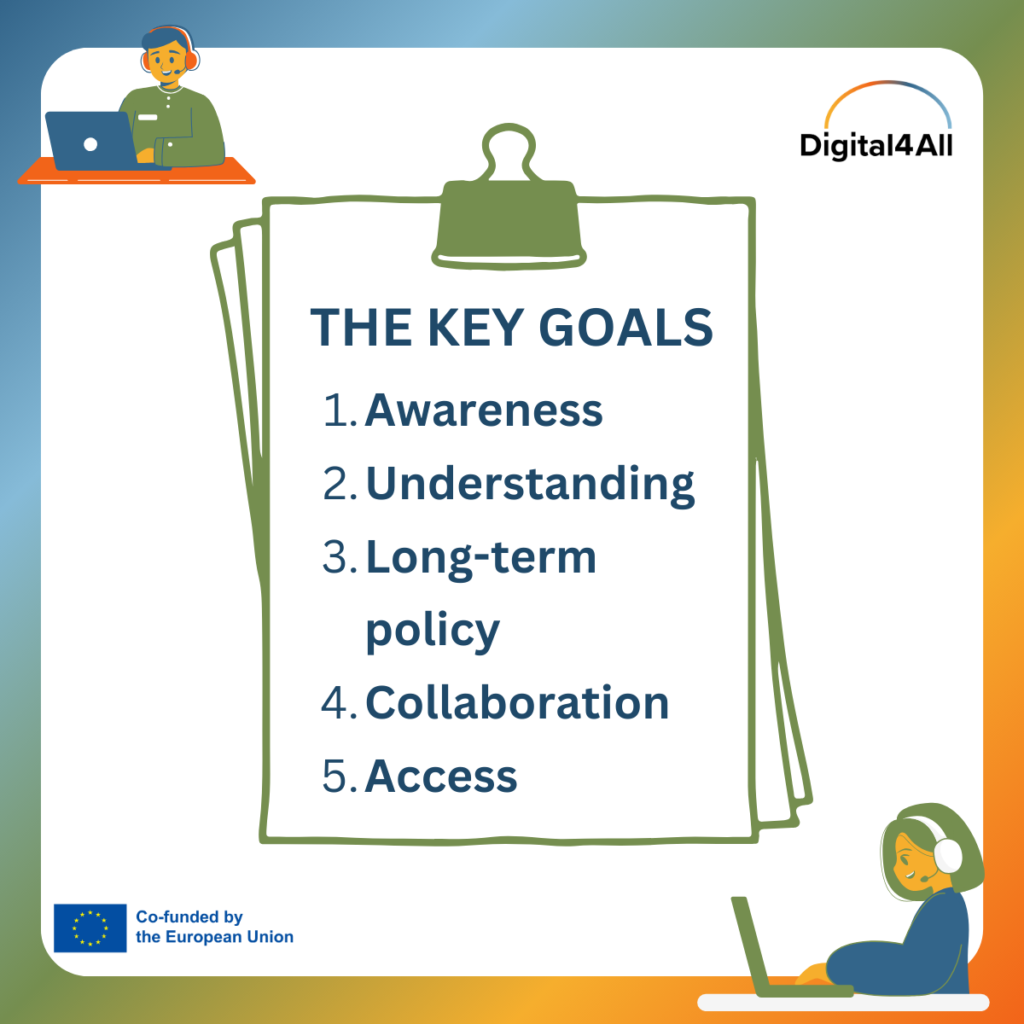European Year of Digital Citizenship Education (DCE) 2025 - What is it?
At the 26th session of the Council of Europe Standing Conference of Ministers of Education on September 29, the Ministers of Education declared 2025 as the European Year of Digital Citizenship Education. As stated on the official website, this initiative “aims to make 2025 a decisive turning point for digital citizenship education in Europe.”
Changes in the digital environment and the rapid emergence of new technologies have made this initiative necessary. While digital technologies offer significant opportunities, they also present new challenges. Similarly, the Covid-19 pandemic brought many changes, forcing educational systems to quickly adapt to new realities. As a result, the technological transformation accelerated and even though the pandemic has ended, its impact remains.
What is Digital Citizenship Education (DCE)?
The Council of Europe defines DCE as “empowerement of learners of all ages through education or the acquisition of competences for learning and active participation in a digital society to exercise and defend their democratic rights and responsibilities online, and to promote and protect human rights, democracy and the rule of law in cyberspace.” DCE is essential for thriving in the digital world. It helps individuals gain a deep and critical understanding of technologies, equipping them with the skills necessary to navigate this complex environment.
Led by the Council of Europe, The European Year of DCE 2025 aims to address emerging challenges like disinformation, cyberbullying, online hate speech and the misuse of personal data by empowering learners of all ages to face the risks but also to benefit from technologies. The aim is to promote the development of digital education in all member States. This year should provide a strategic platform for key stakeholders from the public, private and civil sectors to collaborate, set common goals and share sense-making practices.
With the launch conference on January 23-24, 2025, in Strasbourg, the Council of Europe aims to establish a roadmap for the future of digital citizenship education across Europe.
What are the goals of the European Year of DCE 2025?
- Awareness: Raise awareness of the value of DCE for citizens by increasing public and stakeholder awareness of the critical role digital citizenship education plays in empowering learners to thrive ethically, responsibly, and effectively in a digitally connected world.
- Understanding: Enhance stakeholders’ understanding of the Council of Europe’s DCE Framework
- Long-term policy: Establish digital citizenship education as a long-term policy priority by fostering a shared commitment to integrating DCE into education policies and practices across member states
- Collaboration: Promote cross-sector collaboration in DCE by encouraging meaningful partnerships and initiatives among public, private, and civil society stakeholders at local, national, and international levels to drive innovation and effectiveness in DCE.
- Access: Advance access to resources and innovative practices in DCE by supporting the development and dissemination of high-quality educational materials, creative teaching methods, tools and practices that enable effective and inclusive DCE across diverse contexts.

How does Digital4All fit into the European Year of DCE?
Digital4All Project focuses on the importance of inclusive digital education. Digital inclusion is closely linked with digital citizenship education as they both aim to empower individuals in navigating and participating effectively in the digital world.
Digital4All project supports higher education institutions in offering digital learning experiences that are inclusive and equitable for all.
To learn more about the European Year of DCE, visit the official website: European Year of Digital Citizenship Education
